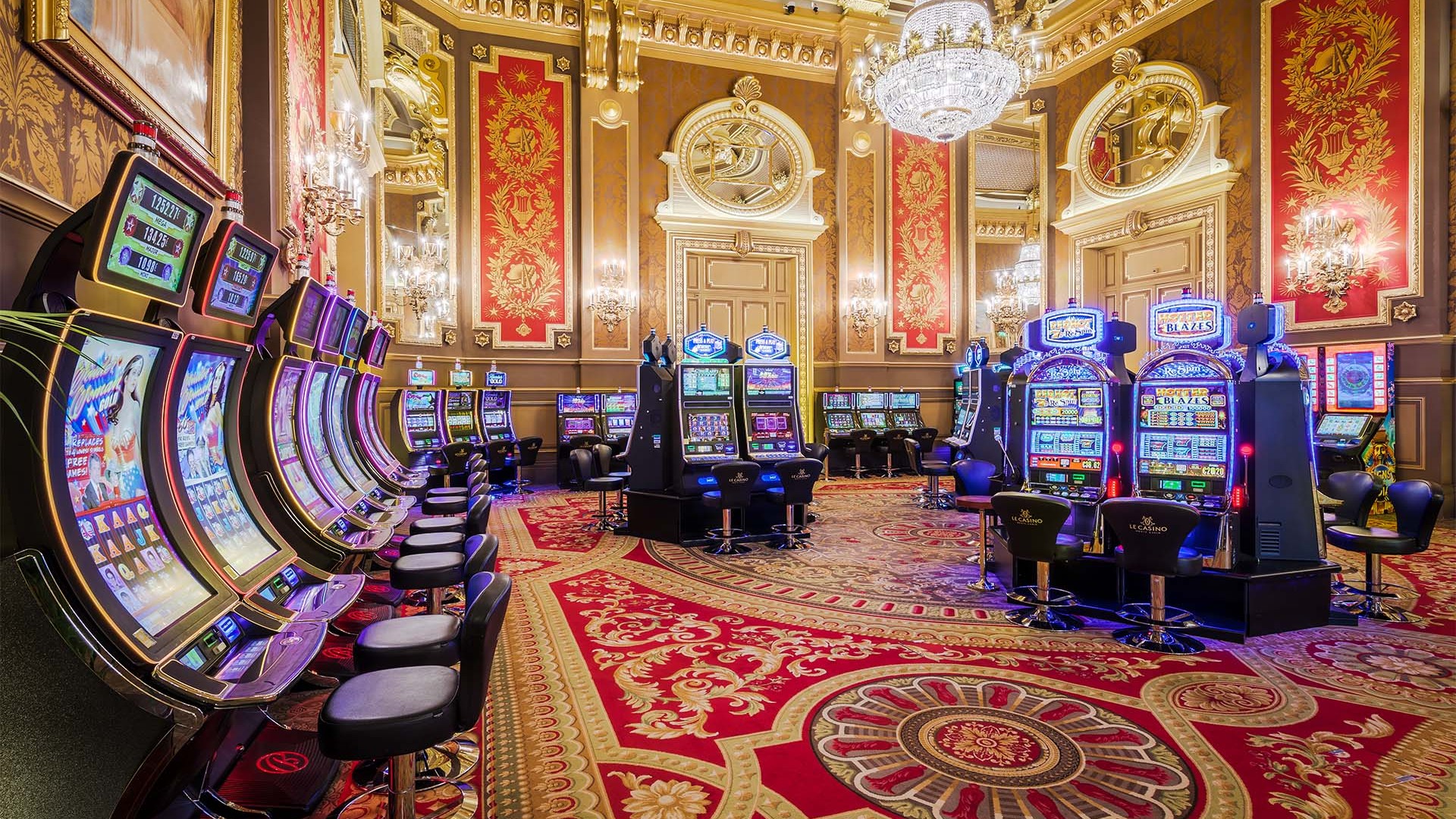
Casino experiences have fascinated players for centuries, progressing from basic recreational activities to complex experiences that blend fortune, tactics, and entertainment. From the ancient roots of gambling in societies including ancient Mesopotamia and Rome to the dazzling corridors of contemporary casinos, the history of these games reveals much about our nature and our interaction with luck. As societies have intertwined and technological advancements have occurred, casino games have evolved, illustrating shifts in society and developments in gameplay.
The primitive versions of gambling likely included basic games involving dice and placing bets on the outcomes of sporting events. casinos not on GamStop UK As time passed, these basic forms of gambling grew into more complex games like playing card games, roulette, and the multitude slot games that line the floors of casinos today. Each era brought its unique rules, aesthetics, and cultural importance. Today, casino games persist in evolving with the rise of online platforms, enabling players from various parts of the world to engage in a shared experience, further fusing the traditional with the age of technology.
Ancient Roots of Gambling Games
Casino activities have foundations that reach back to ancient societies, where betting was strongly entrenched in cultural practices and social rituals. The first known forms of betting appeared in ancient Mesopotamia around 3000 BC, featuring basic die activities made from bone bones. These initial games laid the groundwork for more complex betting games, reflecting humans’ natural desire to find wealth and entertainment through luck.
As civilizations progressed, so did their gambling interests. In ancient Chinese culture, around two thousand three hundred BC, tiles were unearthed that were similar to early rudimentary versions of a lottery activity. More structured forms of gambling arose in the ancient Roman civilization, where activities of luck were a common recreation, often taking place in social gatherings. The ancient Romans developed different wagering games, which included die and table games, illustrating the widespread nature of betting across various social classes.
With the movement of years, these primitive games shaped the development of modern gambling activities. In the medieval period, card games grew prevalent in European culture, paving the way for the organized gambling establishments we know today. The shift from informal betting to organized gaming in pubs and personal houses marked a major transformation in how people interacted with games of luck, leading to the subsequent creation of gaming houses as specialized venues for betting.
The Growth of Modern Casino Gaming
The final 1960s and 1970s marked a significant shift in the field of gambling games, driven by technological advancements and changes in cultural attitudes towards wagering. The emergence of personal computers and the internet altered the way gamblers interacted with their favorite casino games. Virtual casinos emerged, enabling enthusiasts to enjoy timeless table games like Texas Hold’em and 21 from the convenience of their houses. This new online environment not only expanded access to casino games but also attracted a newer demographic who found the comfort and diversity tempting.
As online gaming gained momentum, so did advancements in casino tech. The creation of high-quality software and graphics converted conventional casino games into engaging experiences. Players could now interact with authentic live dealers through real-time broadcasts, importing the atmosphere of brick-and-mortar casinos directly into their living rooms. This blending of live gaming with digital interfaces created a novel combination that boosted the social aspect of gambling, making it possible for individuals to connect and challenge with others around the planet.
Moreover, the growth of mobile gaming significantly changed the gambling environment. With the widespread use of smartphones and touch devices, gamblers can access their favorite casino games anywhere, anytime. Mobile apps offer a wide selection of options customized for mobile screens, catering to the dynamic lifestyle of contemporary gamers. This accessibility has led to rising participation in casino games, fostering the rapid expansion of the gambling sector. As a result, the prospects of the gaming industry continues to progress, adapting to new technologies and changing player expectations.
How Technology Influences Casino Games
The evolution of technology has significantly transformed casino games, enhancing the overall experience for players for players around the world. As the internet emerged, online casinos emerged, allowing players to play their preferred games from the safety of their own homes. This shift not only made casino games more available but also expanded the variety of games offered, as online platforms could host numerous variations of traditional games without the physical constraints of physical casinos.
The rise of mobile technology further transformed the casino gaming landscape. As smartphones and tablets became widespread, players can to engage in casino games whenever and wherever they want. This mobility has resulted in the creation of dedicated mobile applications and optimized websites that offer smooth gaming experiences. Additionally, innovations such as live dealer games have delivered the genuine feel of a casino into players’ homes, bridging the gap between physical and online gaming.
Furthermore, advancements in artificial intelligence and VR are paving the way for the next generation of casino games. AI improves game design and player interaction, creating tailored experiences based on user behavior and preferences. Meanwhile, virtual reality offers immersive environments where players can interact in a virtual casino environment, making the gaming experience more engaging and realistic. As technology continues to evolve, the future of casino games seems bright, filled with endless possibilities for advancements and entertainment.